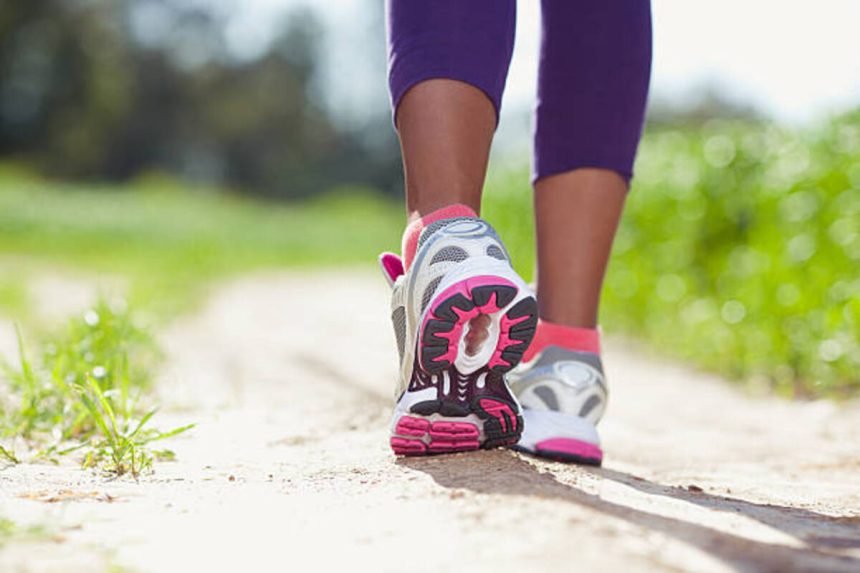A new large-scale study has revealed that incorporating at least 15 minutes of fast walking a day into one’s everyday routine is a key to longevity.
The study, which highlights the health benefits of walking among an under-represented group of low-income and Black individuals, found that fast walking may decrease mortality risk by almost 20%.
Published in the American Journal of Preventive Medicine, they declared that slow walking for over an hour each day could lower mortality related to all cardiovascular diseases.
The protective effect of fast walking extended to all causes of death, but the strongest association was with a lower risk of death from ischaemic heart disease.
The researchers had looked at the data from the Southern Community Cohort Study, which includes participants from twelve southeastern states. About two-thirds of this cohort are Black, and over half of the cohort’s participants made less than $15,000 a year when they enrolled in the study.
For the current research, the main sample included 79,856 participants, who provided information on their daily walking habits, including speed and time.
Walking speed fell into two broad categories. Slow walking included things like walking at work and light exercise. Fast walking included things like brisk walking or climbing stairs.
For the study, participants were divided into categories based on ranges of walking time. Researchers also had data on things like smoking, alcohol intake, and leisure-time physical activity.
Based on leisure-time physical activity, researchers divided participants into the three categories of “inactive, fairly active, and active” and also considered the overall healthiness of participants’ lifestyles. They had data on death and major causes of death.
Fast walking appeared to offer the most benefit, with almost a 20% decrease in mortality associated with 15 minutes of fast walking daily. In this slow-walking category, there was a 4% decreased mortality risk, but this was not statistically significant.
They suggested that future research can also see how factors like psychosocial stressors and material well-being play into fast walking and mortality risk.
Low-income populations often face economic constraints and are more likely to reside in impoverished, highly polluted communities with limited access to safe walking spaces.
Additionally, these populations tend to have a higher prevalence of lifestyle behaviours that may increase disease risk and mortality, such as a lower quality diet, cigarette smoking, and heavy alcohol consumption.
Current guidelines say that adults should get “150 to 300 minutes of moderate-intensity aerobic activity” each week, and this can include activities like brisk walking.
Fast walking has been found to have specific benefits, such as decreasing the risk of heart failure, arrhythmias and type 2 diabetes.
ALSO READ TOP STORIES FROM NIGERIAN TRIBUNE
WATCH TOP VIDEOS FROM NIGERIAN TRIBUNE TV
- Let’s Talk About SELF-AWARENESS
- Is Your Confidence Mistaken for Pride? Let’s talk about it
- Is Etiquette About Perfection…Or Just Not Being Rude?
- Top Psychologist Reveal 3 Signs You’re Struggling With Imposter Syndrome
- Do You Pick Up Work-Related Calls at Midnight or Never? Let’s Talk About Boundaries






